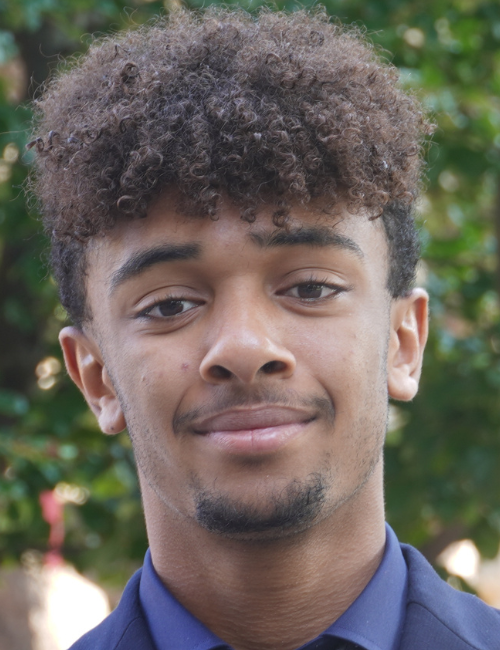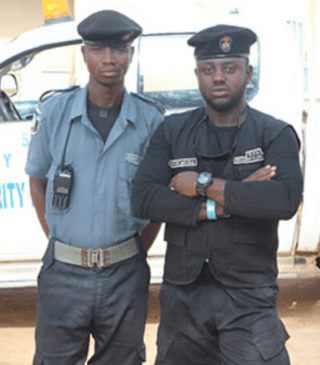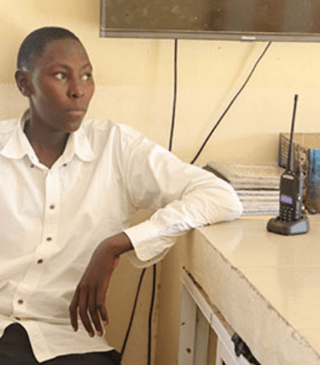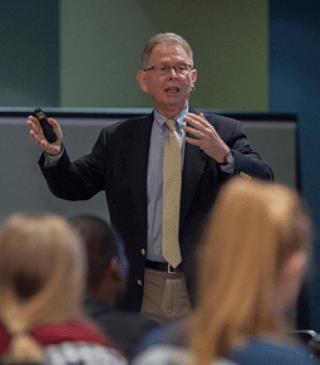Granville_Lee
My Security & Intelligence Internship
Mohamet Lawan College of Agriculture
Firm Statistics
Mohamet Lawan College of Agriculture (MOLCA) was established in 1977 in Maiduguri, Nigeria.
The college spans 1,500 hectares and serves 1,123 students and 194 staff across five departments.
Facilities include classrooms, laboratories, dormitories, and an animal farm.
Security challenges involve limited personnel, lack of communication tools, damaged fencing from flooding, and equipment shortages.
The governor has pledged to repair fences, but urgent investments in communication, training, and infrastructure remain necessary for safety and stability.
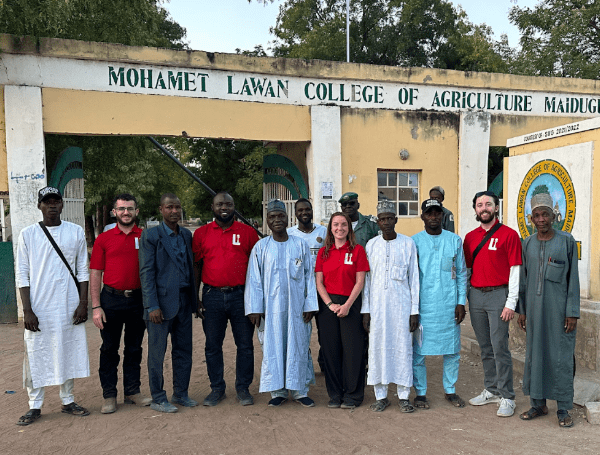
Mohamet Lawan College of Agriculture
About the Firm
Mohamet Lawan College of Agriculture (MOLCA), founded in 1977 in Maiduguri, Nigeria, spans 1,500 hectares and plays a key role in agricultural education. With 1,123 students and 194 staff, MOLCA offers programs across five departments, supported by classrooms, laboratories, dormitories, and an animal farm.
Despite its significance, the college faces serious security and infrastructural challenges. Limited personnel, lack of communication tools, damaged fencing from flooding, and equipment shortages strain daily operations.
The governor’s commitment to fence repairs is a positive step, but urgent investment in communication, training, and structural resilience remains essential for institutional safety and growth.
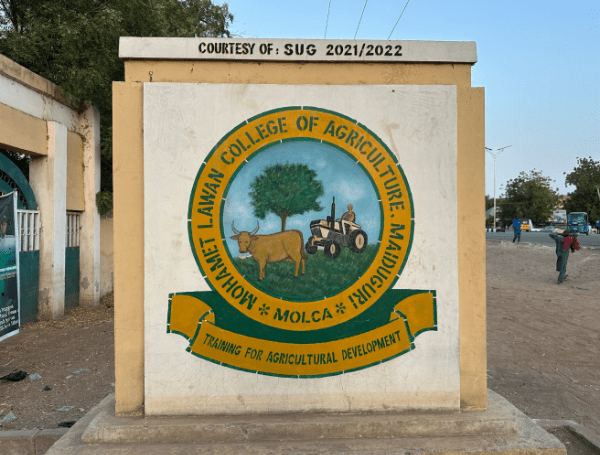
Mohamet Lawan College of Agriculture
Community Impact
Mohamet Lawan College of Agriculture (MOLCA) continues to shape its community through dedicated agricultural education and hands-on training. With departments focused on food production, environmental sustainability, and livestock management, the college supports both academic advancement and regional development.
The renovated female dormitory, now secured with proper fencing, highlights recent infrastructure gains. MOLCA’s small commercial area supplies essential goods, enhancing daily campus life while offering revenue potential.
Strong local ties and the governor’s pledge to restore fencing reflect a collaborative spirit. Together, these elements foster resilience, promote security awareness, and reinforce MOLCA’s role as a community-centered institution.
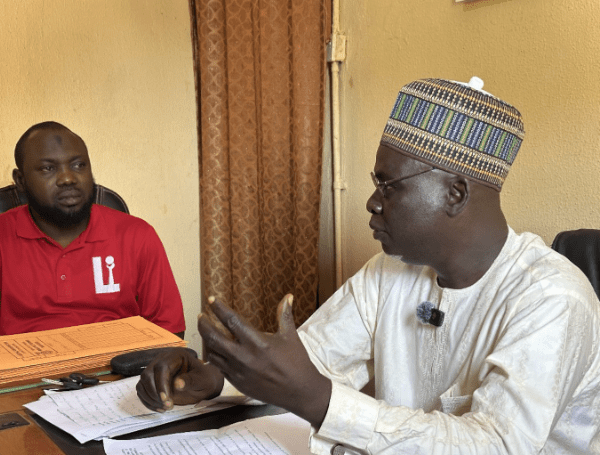
Mohamet Lawan College of Agriculture
Community Involvement
Mohamet Lawan College of Agriculture faces critical security gaps that threaten campus safety. Weak communication systems and lack of training hinder effective coordination among the limited security staff.
Unregulated visitor access and inadequate emergency protocols increase vulnerability. Structural damage from seasonal flooding has destroyed perimeter fencing and the animal farm, exposing key areas.
Poor parking management and insufficient security equipment further weaken defenses. Without reliable revenue streams or structured training programs, MOLCA struggles to enhance security. Urgent investments in communication tools, staff development, and infrastructure repairs are essential to protect the college community.
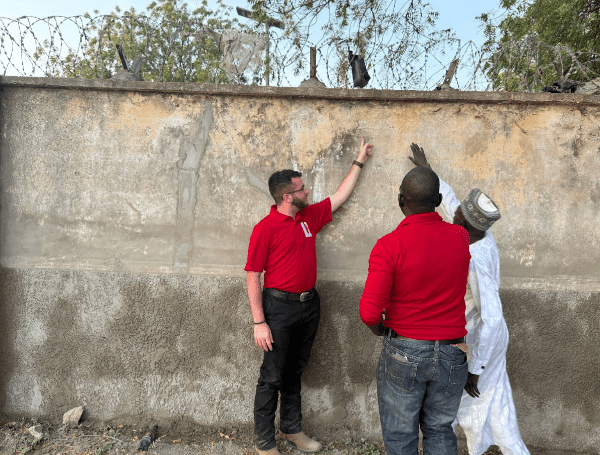
My Security Proposal Presentation
In the National Security & Diplomacy Internship, I worked directly with some of the world’s leading counterintelligence and counterterrorism experts to learn about national security and intelligence.
At the conclusion of the internship, my team presented our final proposal to a panel of judges from the Leadership Initiatives Grant Committee. This formal pitch allowed us to apply our skills in operational security, showcase our strategic plan, and advocate for meaningful change at College of Agri.
Our team was awarded a grant that will fund the implementation of our security proposal. Over the next year, this grant will help transform the future of their university and improve the quality of life for their communities.

My Security Proposal
Throughout the program, we worked closely with the security firm at Mohamet Lawan College of Agriculture. These meetings provided valuable insights into critical gaps within their security system and the potential risk they pose to the community on campus.
The most pressing issue facing Mohamet Lawan College of Agriculture is the lack of communication systems, which significantly undermines campus and community safety by negatively impacting the security team's ability to protect the students and staff.
To address this issue, we developed a comprehensive security proposal that included a SWOT analysis of the university’s current situation. Drawing on international security standards, I proposed purchasing walkie-talkies and airhorns in order to keep security in touch, no matter the situation, to ensure a strategic and effective response. This initiative aims to increase campus safety for all students, faculty, and community members who rely on the services provided by Mohamet Lawan College of Agriculture.
Internship Highlights
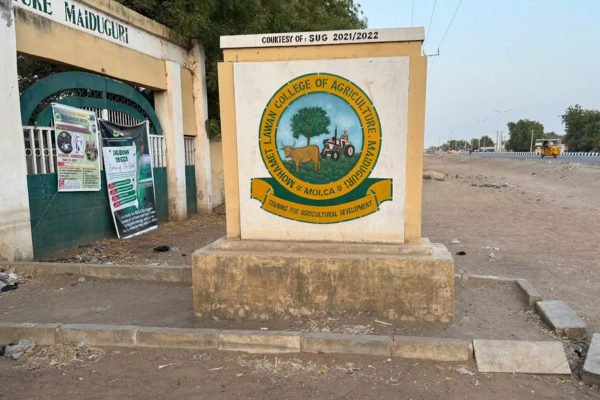
Our national security journey began with a one-on-one Zoom meeting with Mohamet Lawan College of Agriculture representatives in Nigeria and our project coordinator. This initial conversation laid the foundation for strong collaboration and helped us better understand the institutions' background, goals, and security concerns.
Hearing directly from the representatives gave us the insight we needed to begin brainstorming practical, tailored strategies. Each morning, our team held focused discussions to refine our ideas, reflect on expert advice from the day before, and adjust our timeline to move our plans forward effectively.
Throughout the process, on-staff project coordinators and national security experts guided us, helping us ask the right questions and turn our ideas into meaningful, actionable solutions for the institutions we worked with.
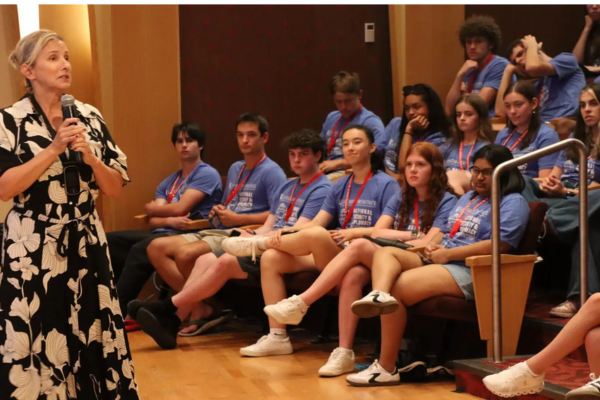
Throughout the course of the week, we met with various experts in national security and intelligence, including Gina Bennett, Rohin Sharma, Ellie Constantine, Bill Stefan, and Chris Fox.
Our mentors offered us insights on our projects every step of the way. We gained valuable knowledge in various areas in intelligence and counterintelligence, which in turn helped us prepare the best security protocols possible.
Besides consultation, we had the opportunity to learn about each mentor’s contribution to the safety of the nation and the field of national security itself. We asked them about the basics of the field, its future, and everything in between.
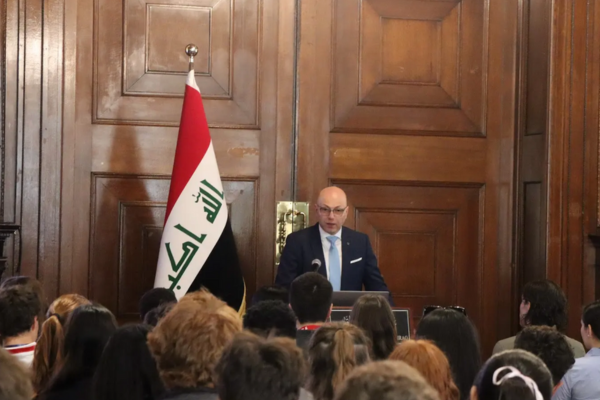
Throughout the internship, we met with distinguished guest speakers who introduced us to the many dimensions of diplomacy and foreign relations. Experts briefed us on U.S. engagement with ASEAN nations, U.S. relations with South America, and U.S. participation in multinational organizations, giving us a comprehensive view of how American diplomacy operates across different regions and institutions.
A highlight of the program was our visit to the Embassy of the Republic of Iraq, where we received a formal briefing from diplomatic representatives. This experience allowed us to see firsthand how embassies function as hubs of communication, negotiation, and cultural exchange.
Through these briefings and discussions, we developed a deeper understanding of the complexities of U.S. foreign policy, the importance of regional partnerships, and the vital role of diplomacy in maintaining international stability and cooperation.
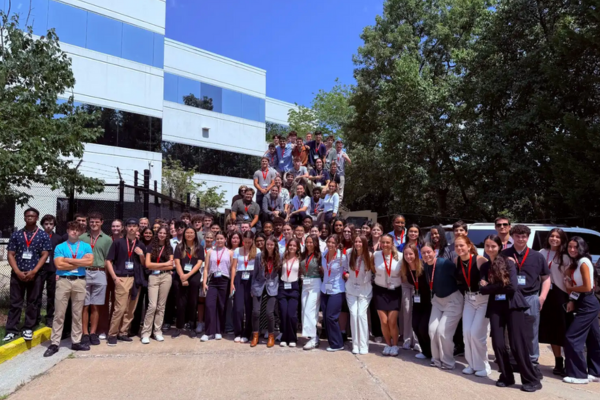
We visited the Department of Homeland Security’s Reston Field Office. On this visit, we learned about ongoing tactical operations from Homeland Security and the way they are used to identify human trafficking, drug smuggling, and various other crimes.
We also took a tour of the Homeland Security Investigations Technical Operations Center, which specializes in equipping government officials with cutting-edge electronic surveillance tools as well as enhancing national security operations. We toured an armored vehicle with special surveillance equipment, tested out thermal imaging goggles used in the field, and more!
Last but not least, we toured the Embassy of Iraq. At this visit, we received cultural, diplomatic, and military briefings from Embassy officials to understand the relationship between the United States and Iraq.


